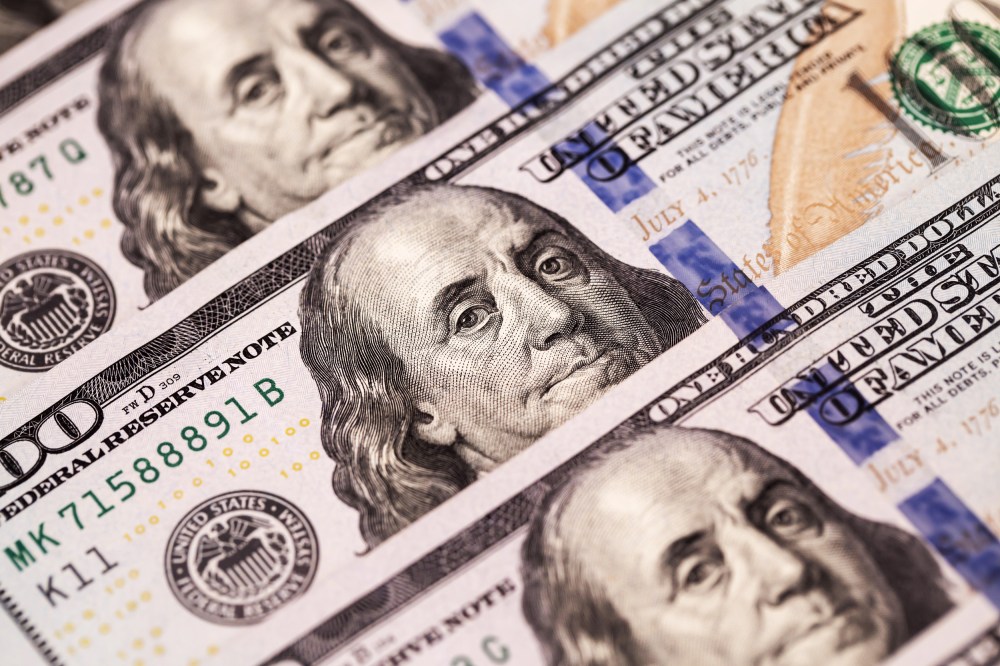Imagine you won $15 million in the lottery. Before you took home your prize, the IRS would require that 24% be withheld for federal taxes — and you’d probably still owe the following April.
Now suppose you inherited $15 million from your parents. Under the Republican megabill, you will owe nothing.
There are a number of troubling provisions in this “big beautiful bill” which passed the House Thursday and is now headed to the White House for President Donald Trump’s signature, ranging from kicking millions of Americans off Medicaid to making student loans more expensive. But the estate tax exemption has largely escaped scrutiny.
There are a couple reasons for this. Thanks to a decades-long effort by Republicans, the exemption for the estate tax in the U.S. is already dramatically higher than the rest of the world. The bill will make permanent an exemption for up to $15 million in estate taxes from Trump’s 2017 tax cut bill that was set to expire at the end of the year.
The newer provisions of the bill have naturally attracted more attention. But make no mistake, the way this bill will cement the status quo on this issue is just as unacceptable.
The estate and gift tax exemptions in the bill not only add another $212 billion to its cost, they also contribute to growing inequality — and there’s no real justification for them. Tax cuts on the wealthy are usually justified by arguing that the money will trickle down — despite decades of evidence to the contrary — or by claiming it’s unfair to take away money that the wealthy have already earned.
People who inherit $15 million from wealthy parents are just winners of a different lottery.
But people who inherit $15 million from rich parents did not in fact earn that money. They’re just lucky, winners of a different lottery, except that we don’t tax their big win.












